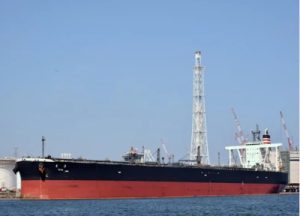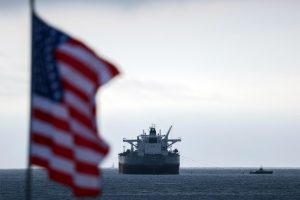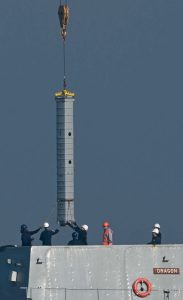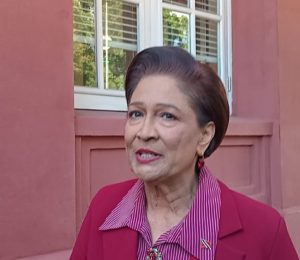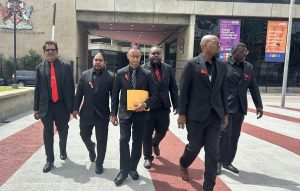
AFTER the Minister of Finance Colm Imbert and the Minister of Energy and Energy Industries Stuart Young are finish with NP, the entity as we know it will be decimated.
Employees, dependent companies and thousands of people that depend on National Petroleum Marketing Company (NP) operations are at risk of being on the breadline.
With the shutdown of Petrotrin and the setting up of Paria Fuel Trading Company, Paria is now the company that the government uses to purchase fuel from traders or foreign dealers and refineries around the world. They have not offered Paria competitive credit facilities because of its inexperience as a relatively new company with no experience in the market.

This puts our ability to purchase fuel at a disadvantage as Paria now has to purchase from traders, who will have fuel but are looking for the best price to sell their product.
This means much higher prices at the pumps once the liberalisation of fuel is implemented by the minister of finance.
The way the fuel subsidy works is foreign dealers sell to Paria at international prices. Paria in turn sells at a wholesale price to NP and Unipet usually cheaper than the international price.
Petrotrin had indicated that its computation of the fuel subsidy owed to it by the Government before its closure was approximately $775 million in 2017.
Thus the move to liberalise the fuel market has not been well received with many calling for it not to begin until the country is more financially stable.

In fact, the Petroleum Dealers’ Association in June stated that the timing was wrong and would further devastate the economy already weakened by the Covid-19 pandemic. The liberalisation can effectively be another form of taxation in the view of the Petroleum Dealers’ Association, to impose on the already burdened taxpayer and there is no way to protect the public from over pricing at the pump and a cartel arrangement that can be formed from gas station dealers.
So is it wise now to sell off property in prime locations across the twin island at this time where the price of properties are at its lowest and we are facing a pandemic with unprecedented lost of jobs and hardship for our citizens?

That is exactly where NP’s service stations are located, at the best spots, prime locations across the country.
Further, the land that belongs to NP is its largest asset, worth billons of dollars and that is what is being targeted.
In the privatisation of the service stations and the selling off of NP’s assets puts the company’s future in jeopardy, without thinking of the employees or families and businesses that depend on NP’s operation of the gas stations throughout the country. Basically giving private interest huge state assets at a time where property values are very low because of Covid-19 virus and the pandemic-stricken state of the country.
NP’s business model is not the distribution of fuel anymore, that’s possibly a misconception by the new Minister of Energy and Energy Industries Young and the government. It’s actually the franchise agreements with the petroleum dealers that is the sustainable part of NP’s business and what makes NP any money in their current market.
The management of the service stations is 70% of NP’s business not the distribution of fuel. There are 113 stations of which 75 are company owned. Dealers own the rest.
The estimated value of the service stations owned by NP is approximately $1 billion with approximately each one costing $5 million to $15 million depending on volumes of fuels sold at each station and its prime location.
So the Government, with this new idea to raise money by selling out NP’s prize assets is a misconceived to say the least.
Neil Gosine is an insurance executive, the North East Regional Coordinator of the United National Congress and a former chairman of NP. The comments and opinions expressed by him in this column are not necessarily those of AZPNews.com, a division of Complete Image Limited.
![]()





